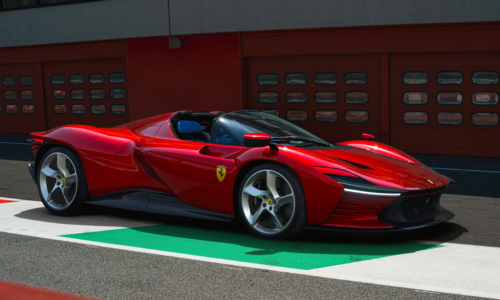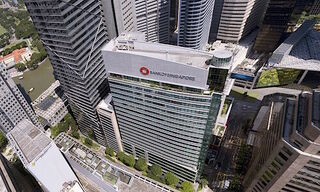Electric pioneer Volvo hits the brakes, the BMW Group surprises with a profit warning, and in the U.S., relations between Stellantis and its dealers are strained. Only one brand is defying the challenges.
It's currently difficult to find positive news in the automotive industry. While new models are still being launched at a rapid pace, there is no denying that the overall mood is bleak.
At the moment, we are witnessing a series of rather discouraging reports.
Volvo Delays Combustion Engine Phase-out
The Swedish manufacturer Volvo, which has long positioned itself as a pioneer of electric mobility and aimed to build only battery-powered cars by 2030, has hit the brakes and significantly softened this goal.
As the company announced in early September in Gothenburg, by 2030, 90 to 100 percent of its sales are expected to consist of «electrified cars,» which include plug-ins and mild hybrids. In other words, Volvo has postponed the phase-out of combustion engines from 2030 indefinitely.
BMW and Stellantis: Slowing Down
BMW caused an even bigger shock. Earlier this week, the German manufacturer significantly lowered all its annual targets for 2024: instead of an increase in customer deliveries, the company now expects a slight decline compared to the previous year. The EBIT margin is expected to be between 6 and 7 percent (previously: 8 to 10 percent).
And the Stellantis group, which includes the brands of the former Italian-American Fiat-Chrysler group and the former French PSA, is also not doing particularly well.
Ferrari Leaves Everyone Behind
For the first half of the year, the company reported a 40 percent drop in profits compared to the previous year. And as the »Wall Street Journal» reported this week, Stellantis dealers in the U.S. have sent a protest letter to management and major shareholder John Elkann. The tone is harsh, with dealers complaining about «disastrous decisions» by CEO Carlos Tavares.
Above all this turmoil, the Italian sports car manufacturer Ferrari seems to be soaring. In Maranello, things are looking bright: 14 percent more revenue in the first half of the year and 21 percent more net profit.



















